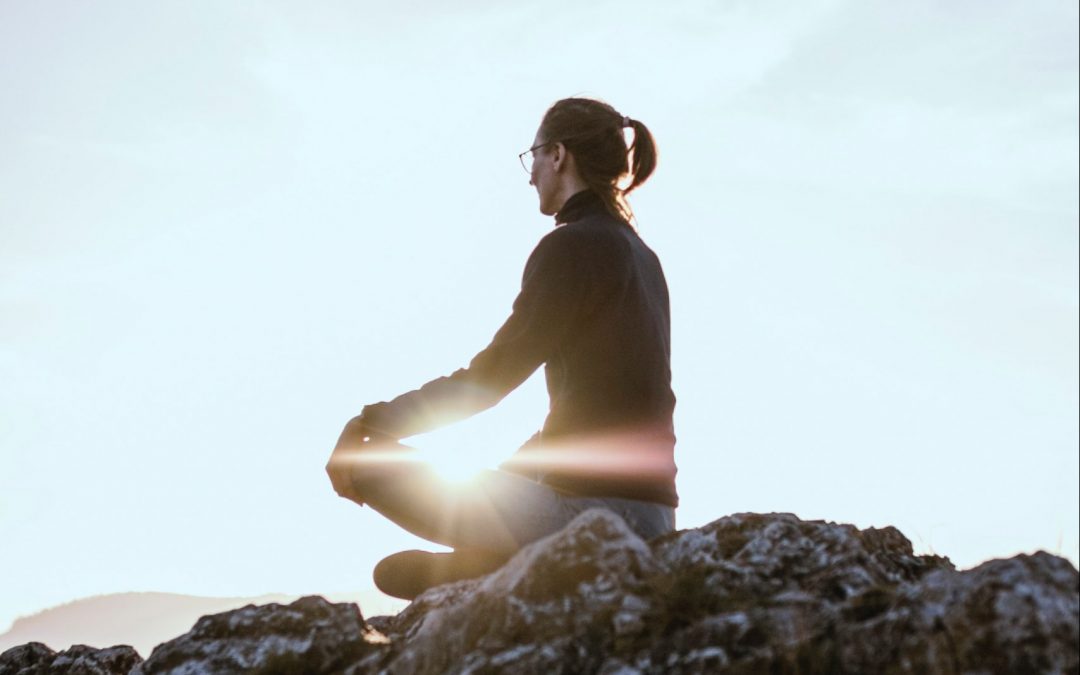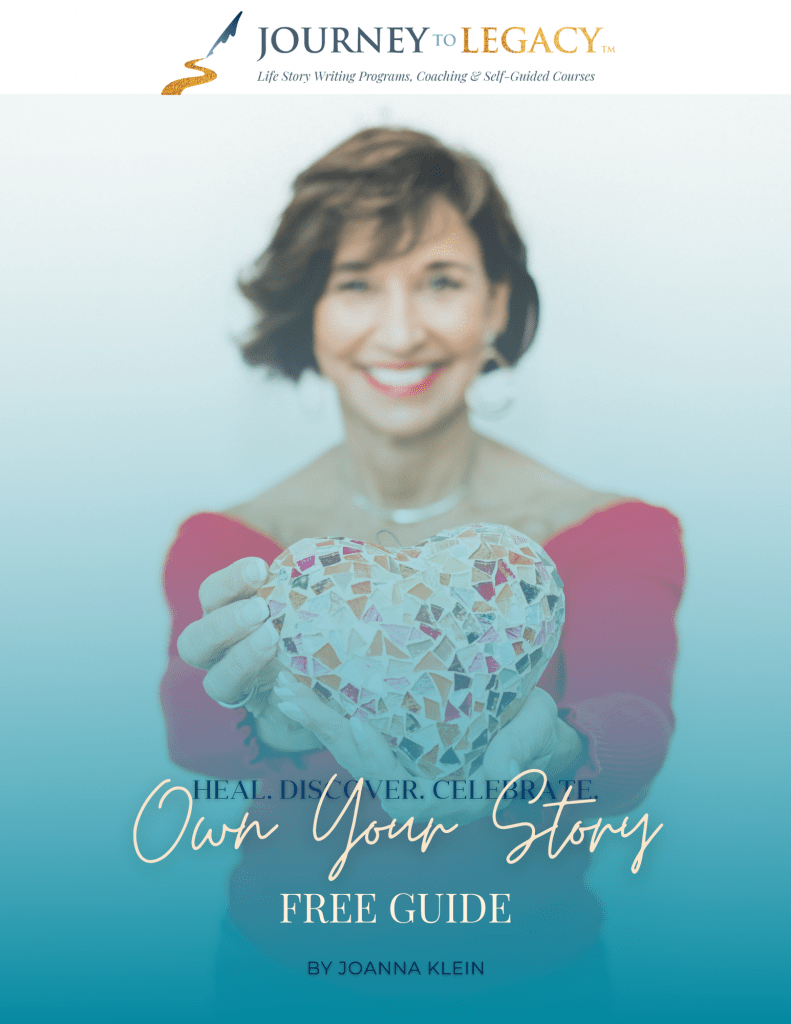Break Free from Societal Biases
Honoring elders is a profound and significant process that embodies respect, gratitude, and recognition for the wisdom, experiences, and contributions of older individuals within a community or society. It involves cherishing their presence, valuing their perspectives, and acknowledging their invaluable role in shaping the fabric of our lives.
In Western culture, with its emphasis on youth, beauty, and novelty, the art of honoring elders seems to be fading away. With the fast-paced lifestyle, changing family structures, and technological advancements, the generations are growing apart.
However, there are still some cultures around the world that hold this tradition dear and continue to practice it with great reverence. For instance, in Japan, there is a deep-rooted respect for older generations, known as “filial piety.” The Japanese society values the wisdom and experience of elders and ensures their inclusion in family decisions. Similarly, in many indigenous communities, such as the Native American tribes, elders hold a special place of honor. They are revered as keepers of tradition, and their wisdom is sought in important matters.
Younger generations in Western societies are often criticized for not always taking the time to understand or appreciate the unique perspectives and knowledge that older generations have to offer.
But is the younger generation fully to blame? I think not. I think those of us who are older may be contributing to the trends. We contribute as we resist stepping into the role of elder, owning the wisdom we possess, and recognizing the contributions we can make by sharing it.
My experience as an example…
Last weekend, I participated in a transformation retreat. I went camping in the mountains with twenty heart-centered women from the ages of 22-75. The weekend was amazing, filled with insight, encouragement, and connection.
On the afternoon of the last day, due to the fact that I am 70, I was invited, along with the 75-year-old woman, to be honored as an elder. We were invited to participate in a ceremony that would include a foot bath and words of appreciation.
The thought made me uncomfortable and I turned down the invitation. Even though throughout the weekend several women had asked my advice related to vibrant aging, I thought that it was more appropriate for the other woman, who was 5 years older, to receive this.
After the weekend, I asked myself why did I resist this offer so quickly? Why didn’t I allow myself to receive this rare opportunity? Why not let myself be acknowledged and honored as an elder by this younger community of women?
After much thought, I realized, even though I just turned 70, I am still resisting seeing myself as an “elder.”
What is it to be an “Elder”?
For me, the term itself implies elderly, although it is very different. “Elder” generally refers to someone more senior in a group or community, and is associated with authority and wisdom. “Elderly” specifically describes individuals in their later years, connoting advanced age and potential frailty or vulnerability.
Now, if you’ve been reading my emails lately you may remember that over the last two weeks, I have been writing about the topic of wisdom and how we tend to see the wisdom in others more easily than we see it in ourselves. And, it dawned on me that there may be a connection between the willingness to see ourselves as wise and our resistance to embrace the role of “elder.”
Societal norms often associate wisdom with age and experience. This implies that wisdom is something reserved for older individuals, or “elders”. But wisdom is not exclusively tied to age. Some individuals possess great wisdom at a young age, just as there are older individuals who may lack wisdom.
The challenge lies in overcoming societal biases and personal doubts. Overcoming these challenges allows us to recognize the wisdom within ourselves and embrace the role of a wise elder when appropriate.
So, I ask you…
Do you see yourself as an “elder?” Do you recognize the wisdom you have to share? Do you believe your wisdom would be valued?
If I could have a “redo” I would have allowed myself to receive the elder honoring that was offered to me last weekend. I now realize that stepping into the role of “elder” doesn’t mean I have to slow down or stop dreaming my big dreams. It means I am embracing the power of my voice and my capacity to make a meaningful impact on others.
I invite you now to join me by embracing your inner wisdom. Step into your role as a wise elder, regardless of your age. Recognize the unique insights and perspectives you possess and look at ways to share them with the world.
Maybe even start it all off with a foot bath and some words of affirmation to yourself.????


